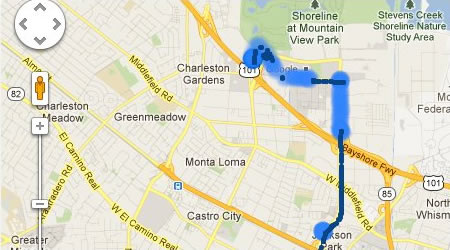Al Franken-led bill outlawing 'stalking' apps passes Senate committee
Is legislation the right course?

A Senate committee has approved a bill making it illegal for companies to sell software that tracks a person's location without their consent, as well as ban so-called "stalking" applications.
BBC News reported Friday that Senator Al Franken's Location Privacy Protection Act bill has been approved by the Senate Judiciary Committee. The bill, if enacted into law, could change how location-based software is sold in the U.S.
The act would require companies to get a customer's consent before collecting or sharing mobile data, and proposes an outright ban on apps which monitor a user's location without their knowledge.
Parents keeping tabs on their children through GPS-based services would be exempt from the proposed legislation.
Right or not?
Speaking with The Hill, the Minnesota Senator said that while many apps ask for user permission before starting to track their locations, the act would make approval-seeking a matter of law.
"I believe that Americans have the fundamental right to control who can track their location, and whether or not that information can be given to third parties," Franken said.
"But right now, companies – some legitimate, some sleazy – are collecting your or your child's location and selling it to ad companies or who knows who else."
Sign up for breaking news, reviews, opinion, top tech deals, and more.
Critics like David LeDuc, senior director of public policy at the Software & Information Industry Association (SIIA), believe a voluntary "code of conduct" for data collection is preferable to legislation.
"At a time of increasing convergence, where 'applications' are seamlessly offered across a wide range of devices, fixed laws such as this would stifle technological evolution by creating a distinct privacy regime based on a specific type of device," LeDuc wrote last week in an SIIA blog post on mobile privacy.
Franken has developed the bill for more than a year and a half, and plans to work with his fellow senators to address any lingering concerns as the legislation moves forward.